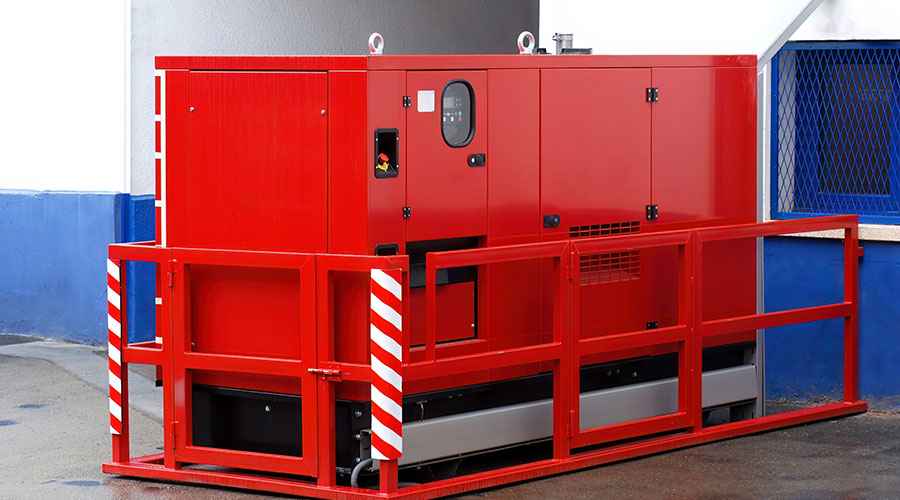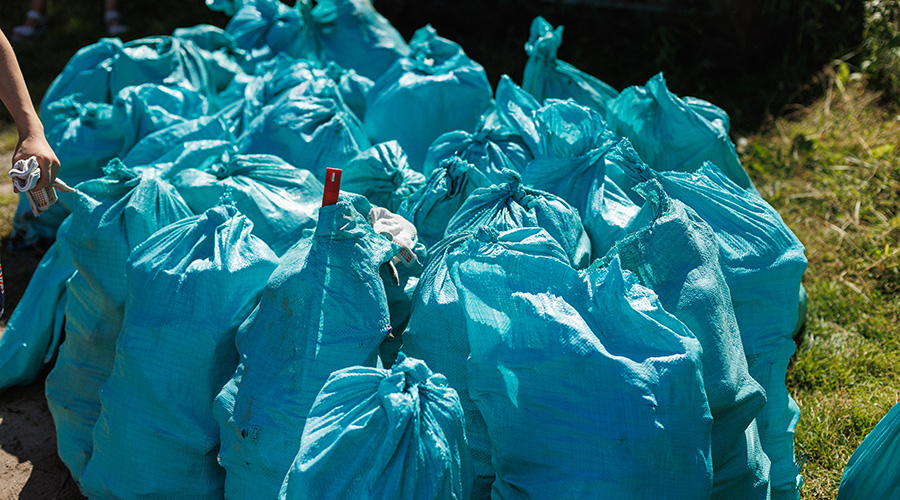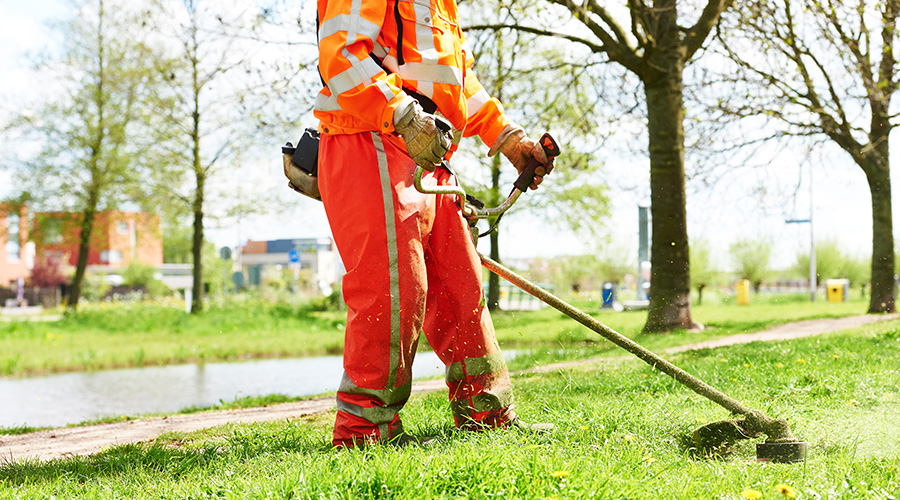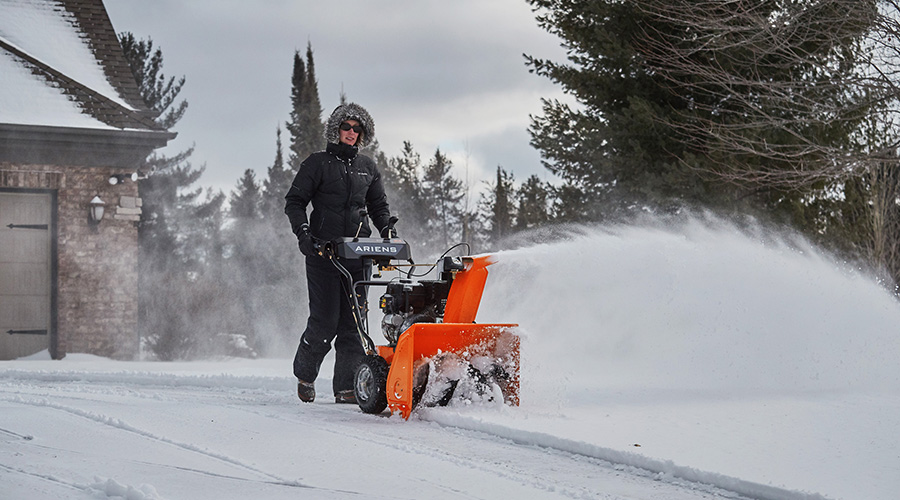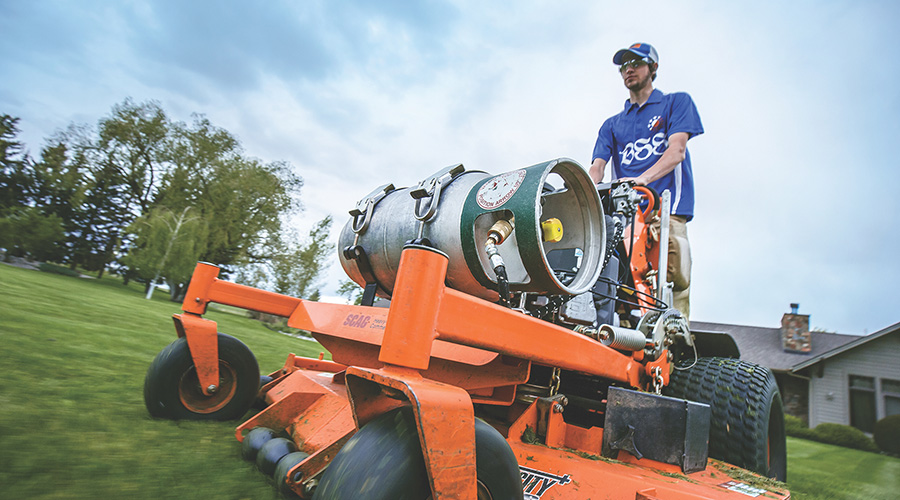How to Safely Store Hazardous Items
Hazardous equipment needs to be properly stored in order to avoid emergency situations.
By Sara Myers-Hogshead, Contributing Writer
Facilities managers have many duties, but one that is especially serious is being in charge of hazardous items. Whether you manage university facilities or equipment for a resort facility, it's important to properly store hazardous items like batteries and fuel to keep using them, but also not have an unwanted emergency.
1.) Make sure batteries are fully charged before storage.
Kayla Kipp always makes sure all hazardous items, such as batteries, are fully charged before she stores them for an extended period at her facility. Kipp is the equipment manager at NemaColin in Farmington, Pennsylvania.
“We'll bring equipment in and ensure that the batteries are fully charged, the terminals are clean, and the tops of the batteries are clean,” Kipp said. “[We will do] pressure washing, cleaning terminals, and spraying a corrosion preventative to help keep anything from happening with that battery while it's in storage.”
Kipp said making sure they’re fully charged is important before they go into storage for winter. If the batteries are not charged, the electrolyte is reduced. She adds that there is more water content in the battery, and it can freeze, which would be damaging to the battery.
“Diesel fuels can go a lot longer without stabilizing treatment,” Kipp said. “However, if the temperature gets below 14 degrees Fahrenheit, the fuel can start freezing, which can be a problem. It'll clog up the fuel filters and cause a lot of issues.”
2.) Use a battery tender.
Nico Viola makes sure to use a battery tender on all batteries in storage at Holden Forests & Gardens in Ohio, where he is director of facilities. Battery tenders are similar to automatic battery charges and maintainers for motor vehicles; they are also called trickle charges, according to Auto Trader.
“One thing that we have to do, because we have such a problem with rodents where we are, 'cause it's so rural, we have rodent repellent,” Viola said. “We have these like little packets that we put in all the vehicles that are winterized for all the equipment, and it's just like a mix of different herbs and stuff that the rodents don't like.”
Viola also has fireproof cabinets scattered throughout the property, anywhere fuel is left in small tanks, for example. One rule he has is to keep fuel away from sheds and buildings. Fuel always has to be secure in a fireproof cabinet, especially if it's close to a loading dock or something similar.
3.) Store gasoline in cabinets that are vented properly.
Matthew Bailey, manager of landscape services at Michigan State University, makes sure all gasoline on university property is both stored in gasoline cabinets and vented properly.
“All of our batteries are we have charging locations at each of our substations, so we have a kind of safe charging location with breakers and so that they don't overcharge, to keep the batteries in good condition,” Bailey said. “We also have fire suppression or smoke alarms and all of our locations in case something does happen.”
Bailey adds that he’s had nightmares about the pole barn where the university roadway salt trucks are, and if there were a fire, they would have those anymore. It takes around a year and a half to order those trucks, so they’d be in bad shape, he said.
That's why the university makes sure that they have camera systems at most of its locations on campus and that they’re monitored well.
Sara Myers-Hogshead is a freelancer writer based in Loves Park, Illinois.
Related Topics:







